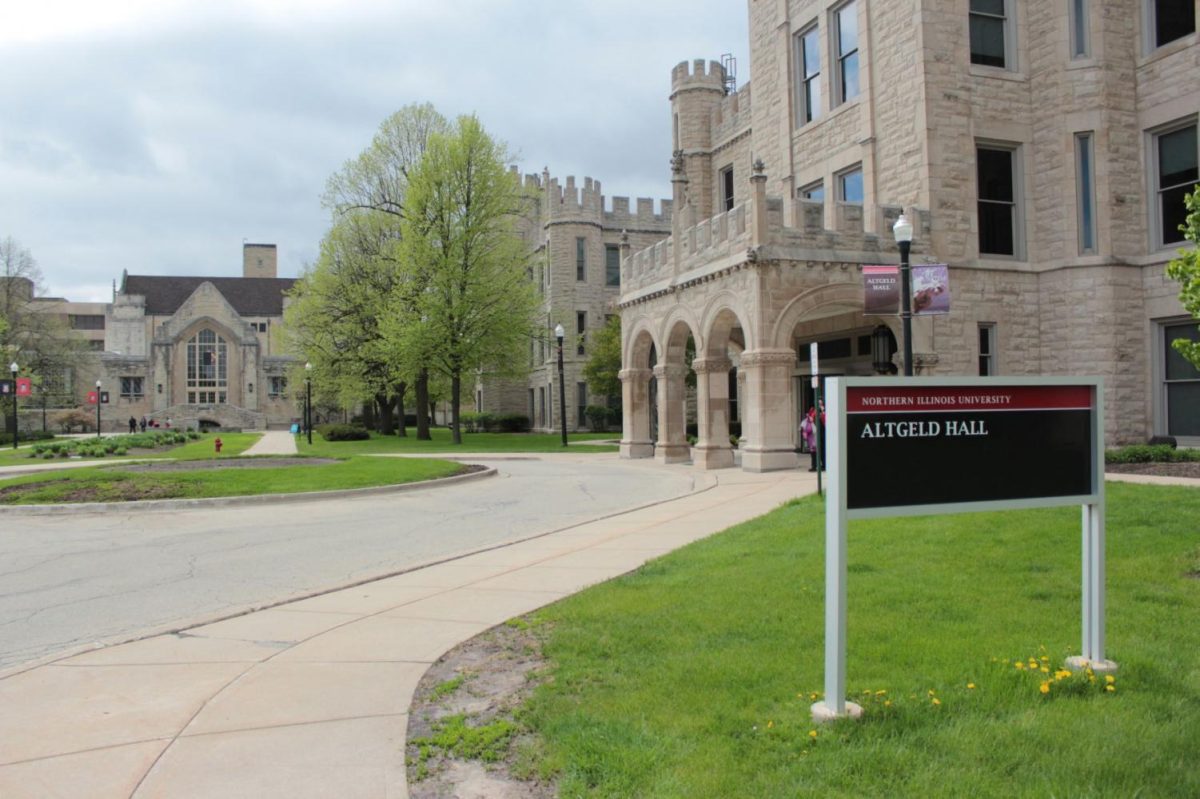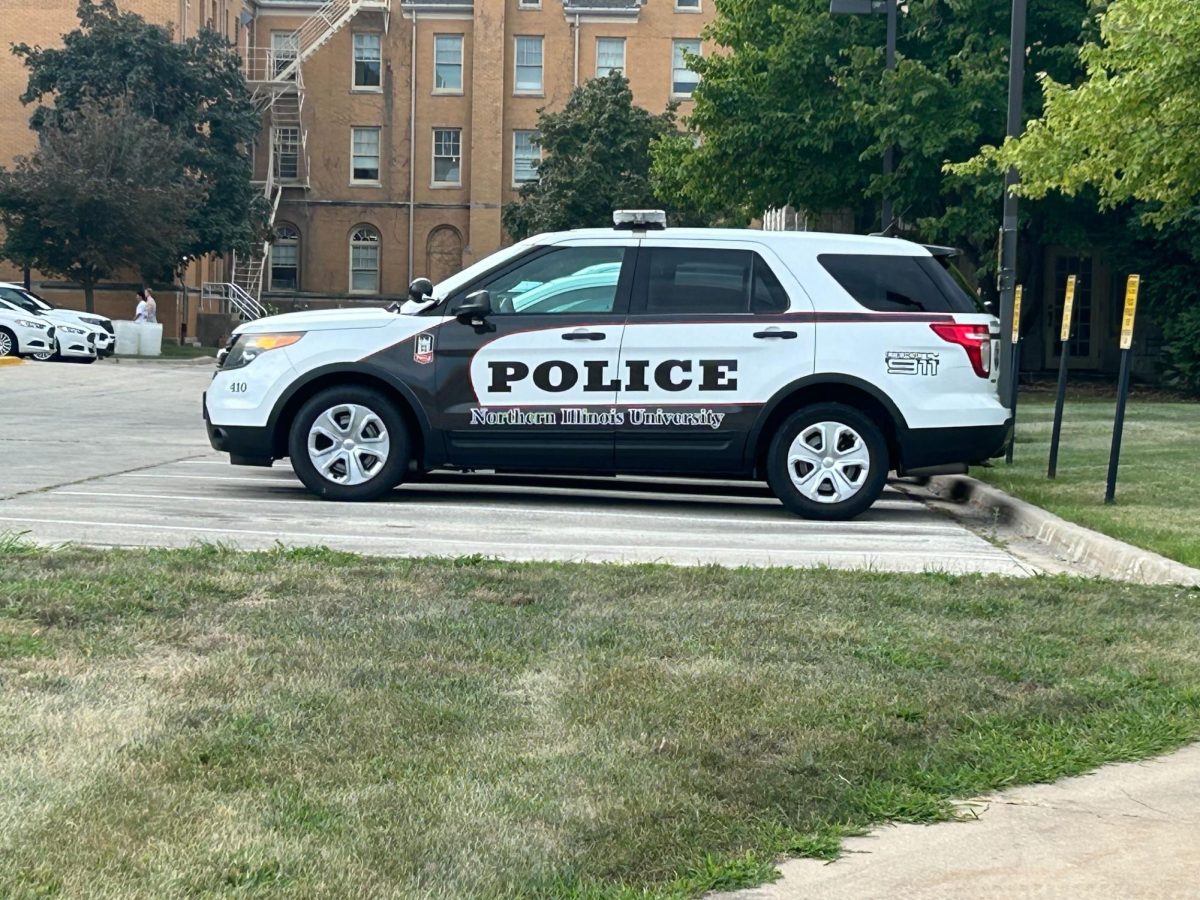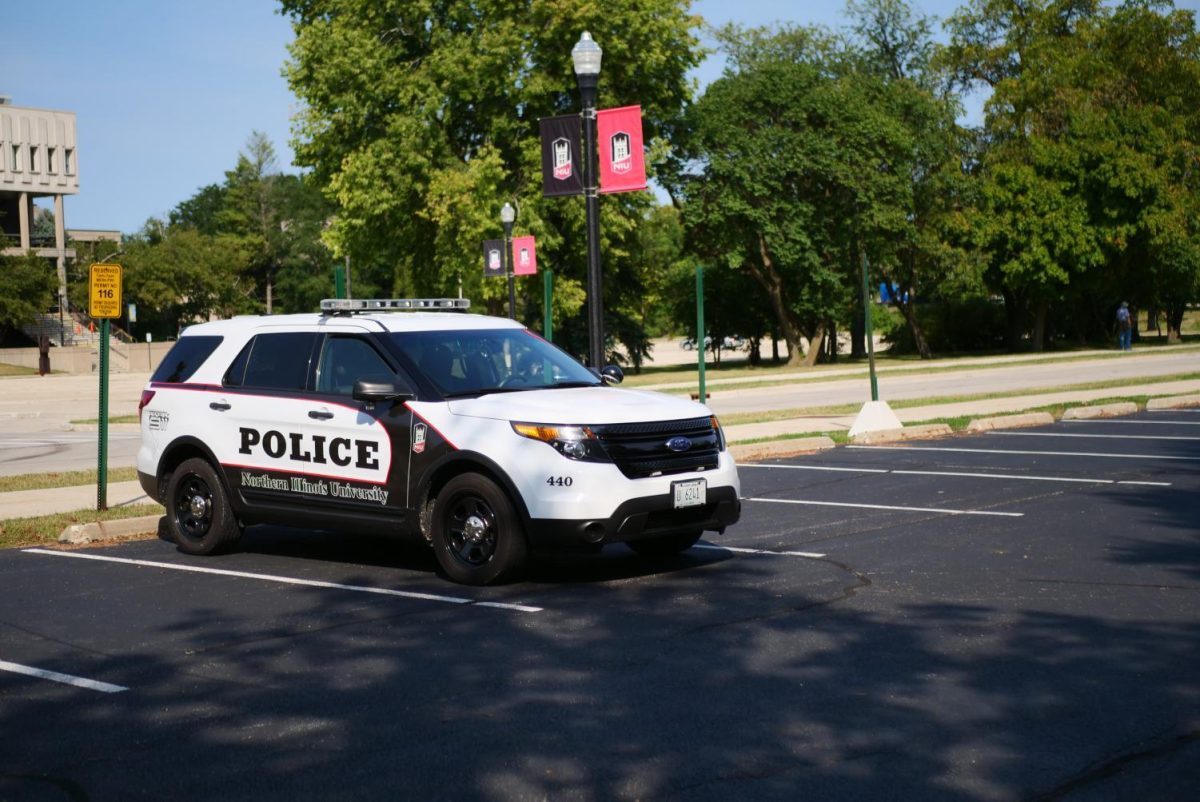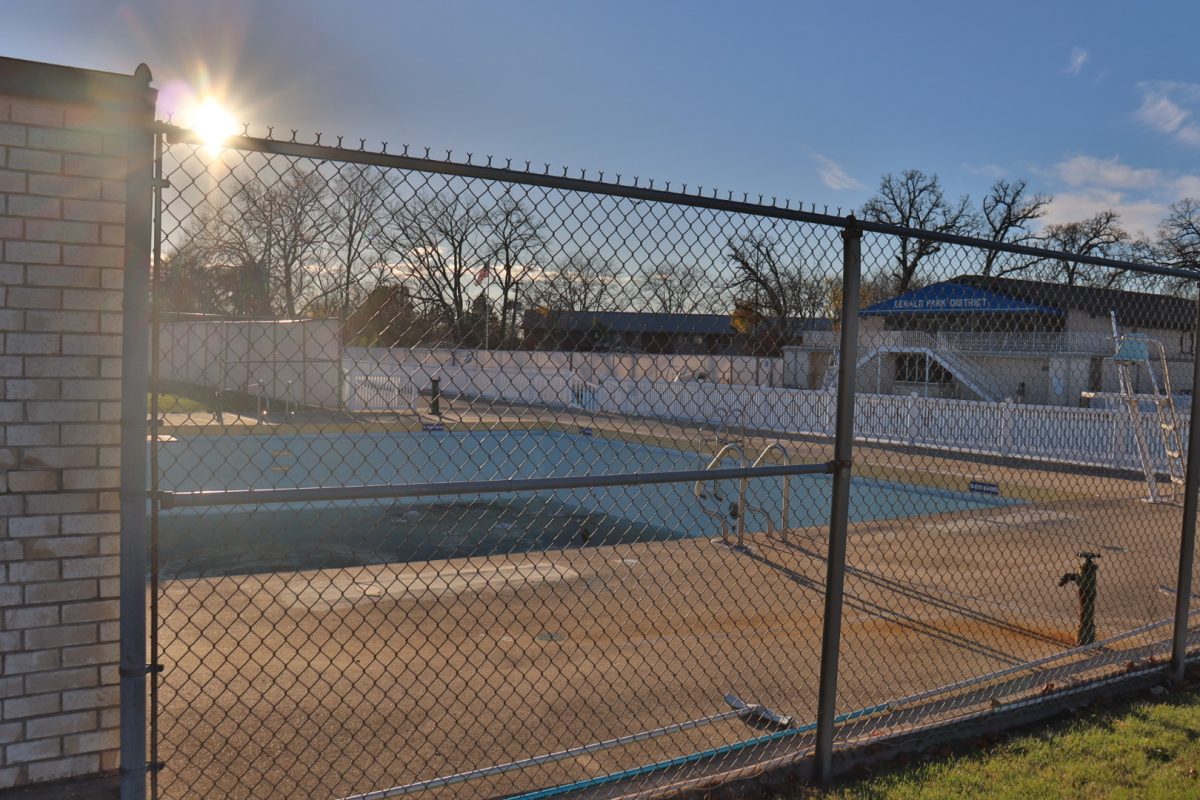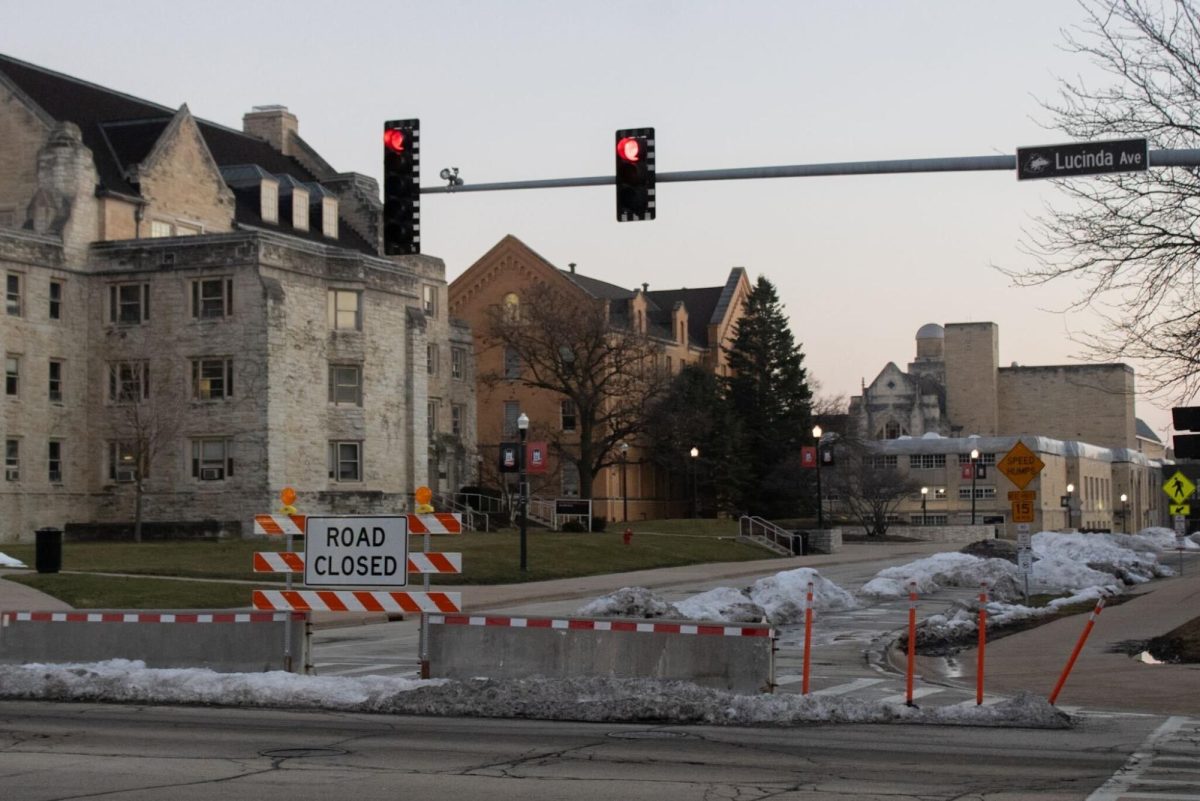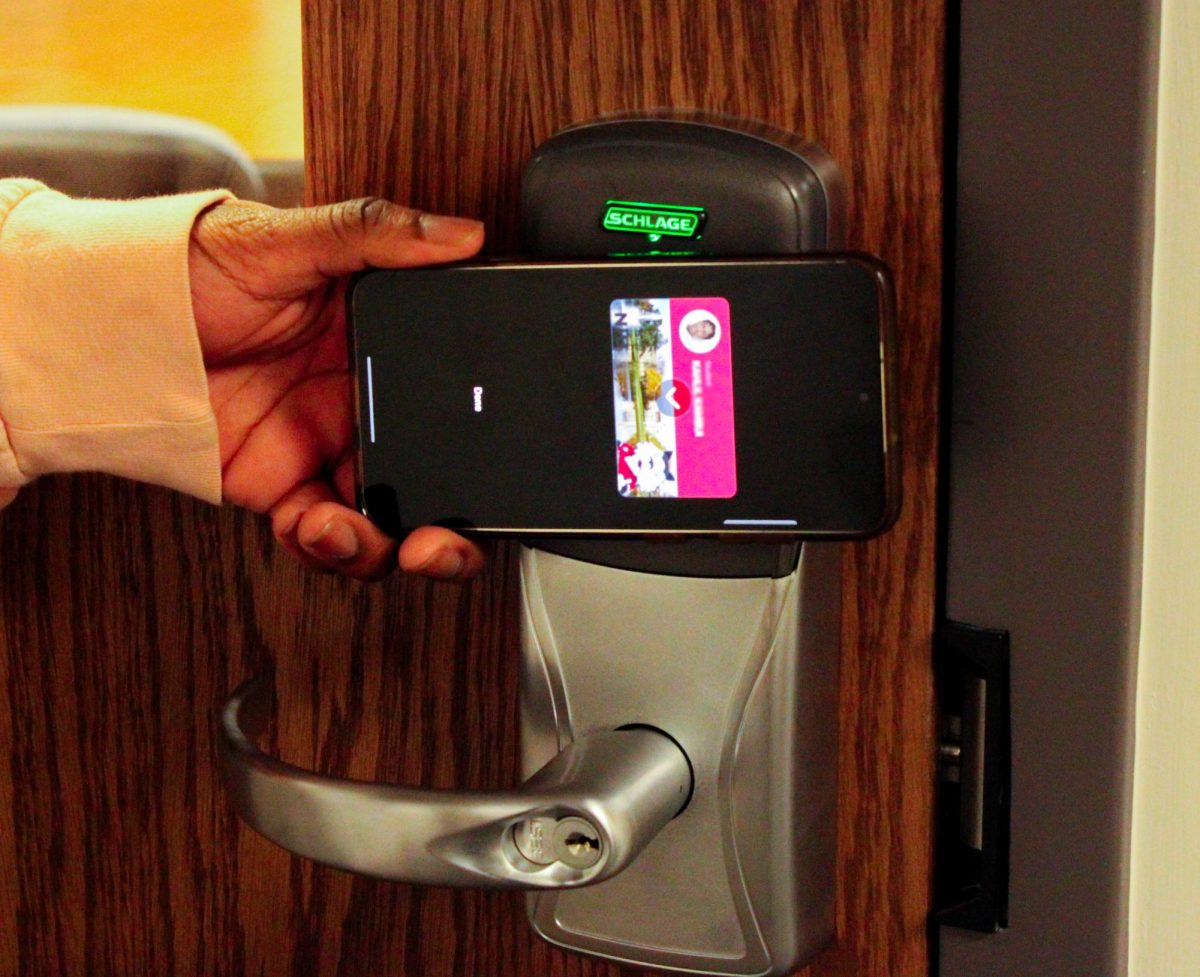DeKALB – NIU requested $116.4 million in state funding at a special meeting of the Board of Trustees on Nov. 9.
This comes after NIU’s CFO George Middlemist announced a multi-year budget plan to reduce NIU’s $32 million deficit in early November.
The annual appropriations request for fiscal year 2025 included $113.4 million to counter increases in the university’s daily operating expenses and an additional $3 million to support new educational initiatives.
“That’s just the operating cost of the university,” Middlemist said. “This year we got a little over $98 million in state funding. With the costs of operating the university increasing, we’re asking the state to contribute by increasing that appropriation from $98 million to just over $113 million.”
Requests are submitted to the Illinois Board of Higher Education and the Governor’s Office of Management and Budget. The request is part of the university’s formal budget which NIU staff use to help with internal budget development.
The new initiatives NIU plans to fund include additional student services and programs, cluster or group hiring, increased offerings in health profession education, and preparing the university to better serve an increasing Hispanic student population.
Here is a brief breakdown of the initiatives and their proposed costs.
STUDENT SERVICES AND PROGRAMS: $1 MILLION
One of those initiatives is the Summer Bridge program.
“A summer bridge program helps that jump from high school into college,” Middlemist said. “There’s a lot to consider and having a program available that helps bridge that gap retains students and ensures their transition is successful.”
The university also plans to fund support for students coming in from community colleges to ease the transition to university life and those returning to college after a long break. The funding will additionally offer expanded tutoring, success coaching, specialized support and advising.
In addition, NIU plans to use some of the funds for the development of its new cybersecurity degree program, according to Middlemist.
HISPANIC SERVING INSTITUTION PREPARATION: $600,000
“As our Hispanic student population is growing, we need to make sure that we have the infrastructure to help support all of those students that are coming into the university,” Middlemist said. “For example, in terms of academic advising, it’s helping them and their families understand how important their degree is and how that can help them further their lives.”
Latinx students make up 25% of NIU’s full-time undergraduate population according to recent first-year student demographics. Federal designation as a Hispanic Serving Institution provides pathways to additional funding and resources. Funding will allow the university to increase bilingual staff and services and help expand the summer bridge program.
CLUSTER HIRING FOR TRANSDISCIPLINARY TEACHING/RESEARCH: $800,000
Funding will primarily support teaching and research initiatives at NIU’s Transdisciplinary Research Incubator for STEM Education, a research cluster of NIU faculty that promote collaborative STEM research, and at the Northern Illinois Center for Community Sustainability. The university hopes the cross-disciplinary opportunities will create meaningful research discoveries that can serve the community.
HEALTH PROFESSIONS EDUCATION: $600,000
Funding would be used to expand health profession programs, increase academic support services pursuant to health majors, hire support faculty and purchase technology like virtual reality anatomy labs and online clinical training.


